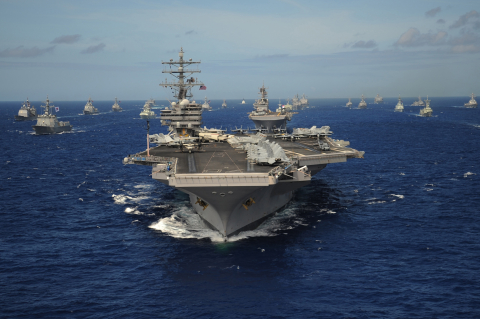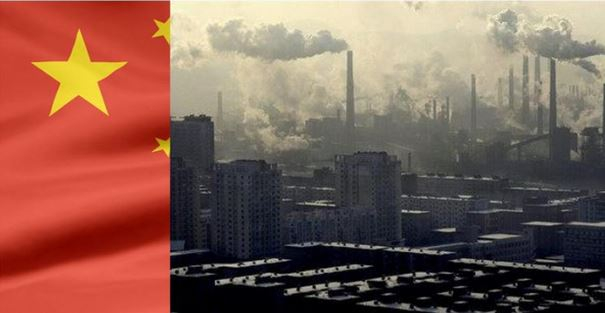742 publications
The Nexus Between the Conflicts in the Mideast and Ukraine
Two simultaneous conflicts in Europe and the Middle East have brought the international order into flux. Russia’s annexation of Crimea and destabilization of eastern Ukraine have deeply undermined European security. Meanwhile, the self-declared Islamic State’s proclamation of a caliphate in western Iraq and eastern Syria has unsettled the Middle East. While it may be tempting for foreign policymakers to consider "Syraq" and "Rukraine" as unrelated crises, the tensions in Eastern Europe have strong implications for the situation in the Middle East, and vice versa. Indeed one of the greatest challenges to global governance is the combination of an assertive and declining Russia, and a disintegrating Middle East.
|
Global Memos are briefs by the Council of Councils that gather opinions from global experts on major international developments. The Council of Councils is a Council on Foreign Relations initiative connecting leading foreign policy institutes from around the world in a common conversation on issues of global governance and multilateral cooperation. The Council of Councils draws on the best thinking from around the world to find common ground on shared threats, build support for innovative ideas, and introduce remedies into the public debate and policymaking processes of member countries. The membership of the Council of Councils includes leading institutions from twenty-five countries, roughly tracking the composition of the Group of Twenty (G20). The network facilitates candid, not-for-attribution dialogue and consensus building among influential opinion leaders from established and emerging nations. FOUNDING COUNCIL OF COUNCILS MEMBER THINK TANKS
|
From Russia’s Grand Strategy to Limited War
To implement the “grand strategy”, Moscow’s strongest card is the energy weapon. However, the fall in oil prices and the conflict in Ukraine have brought things sharply into perspective. The traditional military dimension of the army is currently resigned to waging “limited wars” in localized areas.
Is Putin’s System Built to Last?
The annexation of Crimea and the Ukraine crisis have enabled Vladimir Putin once again to put on a display of Russian dominance, uniting the nation around core conservative values.
Japan's Energy and Climate Policy: Towards Dispelling the Uncertainties
Four years after the Great East Japan Earthquake and a few months before the opening of the Paris Climate Conference, Japan is about to clarify its energy and climate policy.
Ukraine: a Test for Russian Military Reforms
In the recent years Russia has made a significant effort in favor of modernizing its armed forces which allowed it to execute the swift annexation of Crimea in March 2014.
China's Coming of Age on Climate Change: Just in time for Paris?
The upcoming Paris climate conference (COP21) is opening the door to a new post-2020 climate regime in which China and other large emitters will have to provide strong evidence of their domestic efforts in addressing global warming in the next century.
Russia’s Domestic Evolution: What Impact on its Foreign Policy?
Throughout the Ukraine crisis, the West has been surprised at the brutality of Russia's reaction. It has also been surprised by the broad support for Vladimir Putin's policy among the country’s elites and the population at large (88% of whom back the policy), despite the impact of sanctions and countermeasures that are contributing to the deterioration of the country's economy. This level of support cannot be attributed solely to Russia's propaganda machine, though it has been exerting unprecedented influence since early 2014.
Hillary Clinton et les radicaux du Parti démocrate
Hillary Clinton should announce very soon that she is running for president in 2016. On the Republican side, candidates' abundance promises a long and wild primary campaign. On the Democratic side, Clinton should not face any serious rivalry. The Democrats' (most to the left) champion, the senator of Massachussetts, Elizabeth Warren, repeated many times that she would not run for primaries. Clinton nevertheless has to take into account a radicals' fringe susceptible to play up her in her own party. What is their capacity of nuisance on the American political scene?













